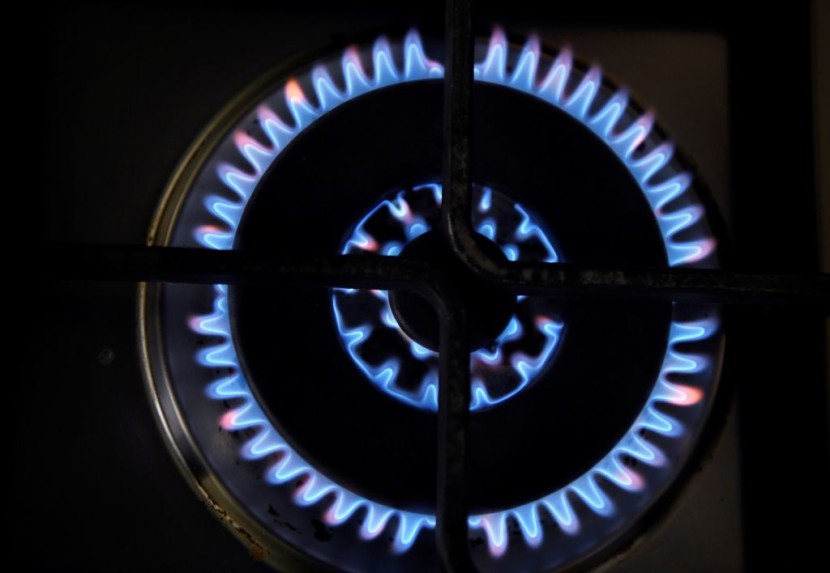
Many Americans prefer gas stoves for cooking due to their cost-efficiency. Still, a recent Stanford University study indicates that they pose risks to health and significantly contribute to global warming.
As per AP News, the new study found that gas stoves contribute more to global warming than previously assumed due to persistent little methane leakage even while they are turned off.
Moreover, the team of researchers from California has raised fresh concerns about indoor air quality and health because of the levels of nitrogen oxides recorded.
"One of the big take-homes from the study is that using gas stoves simultaneously harms the environment and our health through the gases they emit," says lead author of the study Eric Lebel, a graduate student in Stanford's School of Earth, Energy and Environmental Sciences.
Read Also: Improper Ventilation While Using Gas Stoves Increases Risk of Asthma in Children, Study Finds
Proper Ventilation For Safety
Gas stoves in the United States emit 2.6 million tons (2.4 million metric tons) of methane into the atmosphere each year, according to the Stanford study. That's the equivalent of 500,000 cars emitting greenhouse gases per year.
Methane is a greenhouse gas that is dozens of times more potent than carbon dioxide (CO2). However, it doesn't last nearly as long in the air and isn't as plentiful.
According to the study's co-author Rob Jackson, a Stanford University climate scientist, the methane leak isn't dangerous to human health or poses a high risk of explosion. But when conducting the tests, researchers found high levels of nitrogen oxides, greater than 100 parts per billion, per US News.
Nitrogen oxides are pollutants that contribute to developing respiratory problems.
Jackson mentioned that their measurements were above the outdoor air quality standards of the U.S. Environmental Protection Agency (EPA), which doesn't have indoor air quality standards for that methane.
Despite that methane does not contain nitrogen, nitrogen oxides (NOx) are byproducts of the combustion in natural gas ovens.
Lebel advised users to check their gas stoves anytime they can smell gas.
"The emissions of methane that we measured from stoves nevertheless increase the climate impact of the stove by 39% over a 20-year time horizon compared to the CO2 that would be emitted from burning the gas to cook," he added.
The researcher's main advice to stove-users is to use their range hood whenever they turn the stove on. This will help bring down concentrations of NOx as well as other pollutants in the kitchen area, per Forbes.
The EPA suggests using an exhaust fan above the gas stove vented to the outdoors to improve air quality.
Gas Industry Working to Address Climate Change
Natural gas has been credited with lowering carbon dioxide emissions in recent years as cleaner-burning gas power stations have replaced coal-fired power plants. The gas industry as a whole, including large oil corporations with natural gas holdings, has attempted to mitigate emissions and has championed initiatives to enforce methane regulations.
However, scientists say most of the world's fossil fuels, including over half of the world's gas reserves, will have to stay in the ground to prevent the worst impact of climate change.
American Gas Association President and CEO Karen Harbert have announced before that their industry is conducting efforts to address climate change by going low on carbon. She said companies have been developing cleaner alternatives like renewable gas from manure and landfills.
Related Article : Global Warming Effects: NASA Warns US Coasts Will Be Flooded in 10 Years, Here Are Some Flooding Predictions








